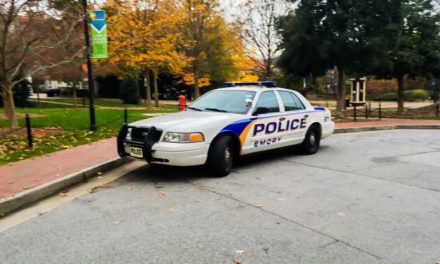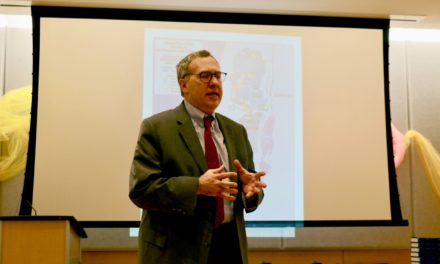In response to the recent department changes, the 57th Legislature of the College Council (CC) is in the process of forming a Student Advisory Committee that will meet monthly with Dean of the College Robin Forman in order to provide him with student input on future decisions.
The committee, announced in a Nov. 20 College-wide email, will also help relay information about any decisions to the entire student body and offer students an avenue through which to express any general concerns they might have.
Forman said his utmost priority for the committee is to establish an ongoing relationship between administrators and students, especially in light of the criticism about Forman’s announcement of the recent department cuts in a Sept. 14 University-wide email.
“We share a common set of goals for the institution,” Forman said. “And the more we can find ways of working together, the better it is for everyone.”
CC President and College senior Amitav Chakraborty said he hopes that by increasing the transparency of Forman’s decision-making process, the committee will lead to greater respect of administrators among students.
CC will select eight to 10 students, two of whom will be CC members, from a pool of applicants to make up the committee, according to Chakraborty.
While Chakraborty could have appointed solely CC members to the committee, he said he opened the application process to all College students because he preferred to include students who are involved in campus life in various ways.
Chakraborty and Forman both agreed that they would like to see diversity. They both said they want students of all years, academic interests and backgrounds on the committee in order to represent a diverse set of views about Emory.
Acknowledging the complexity of the recent department changes, Chakraborty said he feels the students on the committee need to be able to embrace decisions that are equally as complicated.
“I want student committee members to be able to put in that kind of thought, to say, ‘This isn’t a good or bad issue. This isn’t a black or white issue. This is an issue with a lot of facets that will inevitably affect a lot of people,'” he said.
Forman expressed similar sentiments, noting that he felt committee members should be “willing to approach issues with ambition, an open mind and a broad view of what’s possible.”
The idea for the committee arose when Chakraborty met with Forman following the recent department changes, according to Chakraborty.
At the meeting, according to Chakraborty, they both agreed that there is a need for some kind of transparent mechanism that could facilitate communication between students and the decision-makers of the University.
“If student input came in before any final decisions were made [regarding the department changes], maybe it would have been a different result slightly,” Chakraborty said. “At the very least it would have been a more informed result.”
Following their discussion, Chakraborty worked with other CC legislators to figure out the details of the committee and sent out the applications to students in a College-wide email.
In addition to meeting regularly with Chakraborty, Forman currently meets at least once a week with Student Government Association President and College senior Ashish Gandhi.
Meanwhile, Forman said that student views do already play a significant role in his decision-making process.
“Much of what I do is designed to improve the student experience,” he said. “So the more information I have about student views, the better.”
All applications for the committee are due to Chakraborty by 6 p.m. on Friday, Nov. 30.
– By Elizabeth Howell
The Emory Wheel was founded in 1919 and is currently the only independent, student-run newspaper of Emory University. The Wheel publishes weekly on Wednesdays during the academic year, except during University holidays and scheduled publication intermissions.
The Wheel is financially and editorially independent from the University. All of its content is generated by the Wheel’s more than 100 student staff members and contributing writers, and its printing costs are covered by profits from self-generated advertising sales.




